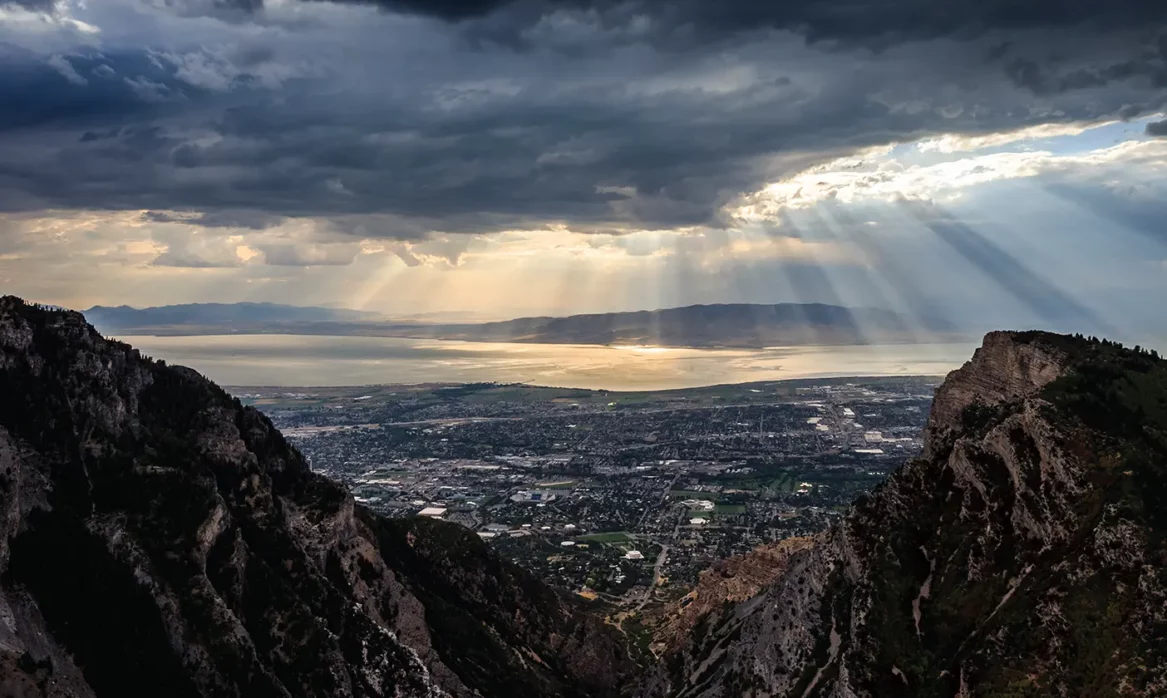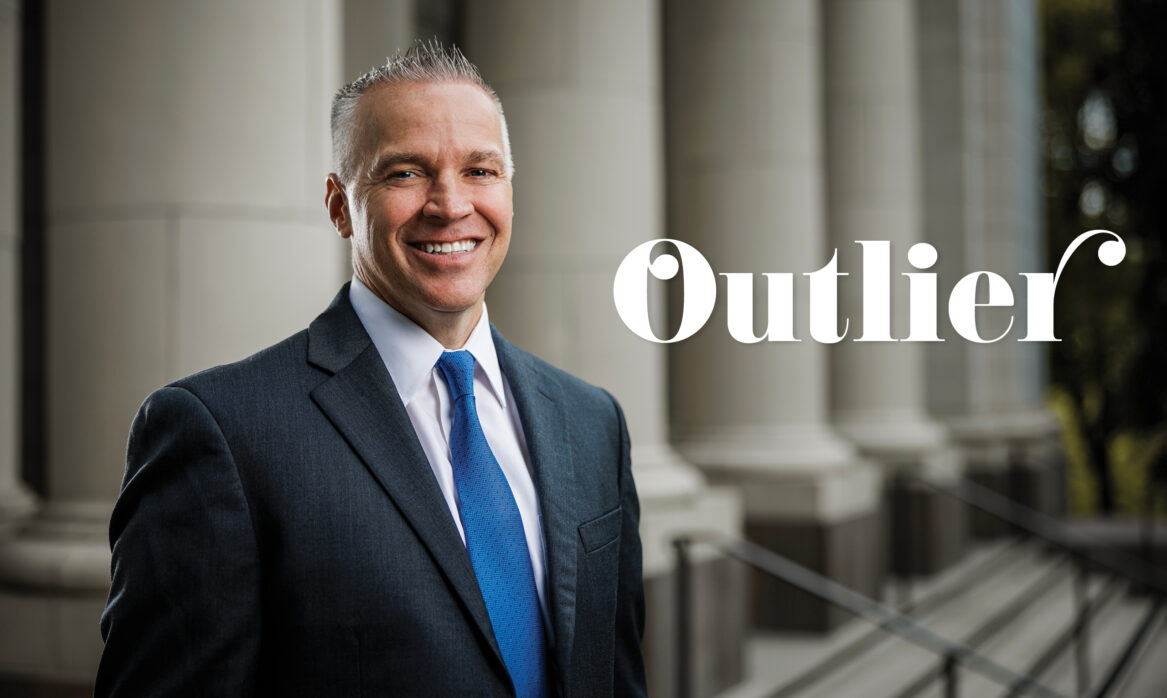BYU has its sights set on its prophesied destiny.

When Winston Churchill became prime minister of Great Britain in May 1940, amid the storm and fury of the Second World War, he declared:
You ask, what is our policy? I will say: It is to wage war, by sea, land and air, with all our might and with all the strength that God can give us; to wage war against a monstrous tyranny, never surpassed in the dark, lamentable catalogue of human crime. That is our policy. You ask, what is our aim? I can answer in one word: It is victory, victory at all costs, victory in spite of all terror, victory, however long and hard the road may be.1
I believe here at BYU we can state our policy and aim with similar concision and singularity of purpose.
You ask, what is our policy? I will say: It is to advance the inspired mission and to achieve the prophetic destiny of Brigham Young University. It is to keep the BYU banner flying high, to keep our fire burning bright, to keep the magnificent dream alive. You ask, what is our aim? I can answer with President Reese’s marvelous two-word mantra: it is becoming BYU.
Becoming the “educational Everest” toward which prophets have beckoned.2
Becoming “the school in Zion” (D&C 97:3) about which professors have dreamed.
Becoming, “in the process of time, . . . the fully anointed university of the Lord about which so much has been spoken in the past.”3
That is our aim.
Some of what was spoken in the past was spoken by the Prophet Joseph Smith, who dreamed of founding a great university that would harness the thrilling theology of the Restoration to the pursuit of truth in every domain. In an 1841 prospectus, he and his counselors announced their bold intentions:
The “University of the City of Nauvoo,” [they wrote,] will enable us to teach our children wisdom—to instruct them in all knowledge, and [all] learning, in the Arts, Sciences and Learned Professions. We hope to make this institution one of the great lights of the world.4
Our aim is to help BYU become just such a school.
A school conceived in revelation and dedicated to the proposition that the glory of God is intelligence.
A school where every subject is taught by the Spirit of God and “bathed in the light and color of the restored gospel.”5
A school fired by the all-consuming vision that we can become a truly great university that remains unequivocally loyal to the gospel of Jesus Christ.6
A school that shines, as Joseph dreamed it would, as “one of the great lights of the world.”

Justin Collings is the BYU academic vice president. This article is excerpted and condensed from the talk “Gifts of Light,” given Aug. 28, 2023, at BYU’s university conference. Find the complete address at speeches.byu.edu.
Feedback Send comments on this article to magazine@byu.edu.
NOTES
- Winston Churchill, “Blood, Toil, Tears and Sweat,” speech to the House of Commons, May 13, 1940.
- Spencer W. Kimball, “The Second Century of Brigham Young University,” BYU devotional address, Oct. 10, 1975.
- Kimball, “Second Century.”
- Joseph Smith, Sidney Rigdon, and Hyrum Smith, “A Proclamation, to the Saints Scattered Abroad,” Times and Seasons, Jan. 15, 1841, p. 274; emphasis added.
- Spencer W. Kimball, “Education for Eternity,” address to BYU faculty and staff, Sept. 12, 1967.
- See Jeffrey R. Holland, “A School in Zion,” BYU annual university conference address, Aug. 22, 1988.












